
The company that turns rain into drinking water
Richard’s Rainwater collects and treats rainwater, which it bottles and sells. The company began with one man’s “tank town.”
Published:
Updated:
Related Articles
-

-
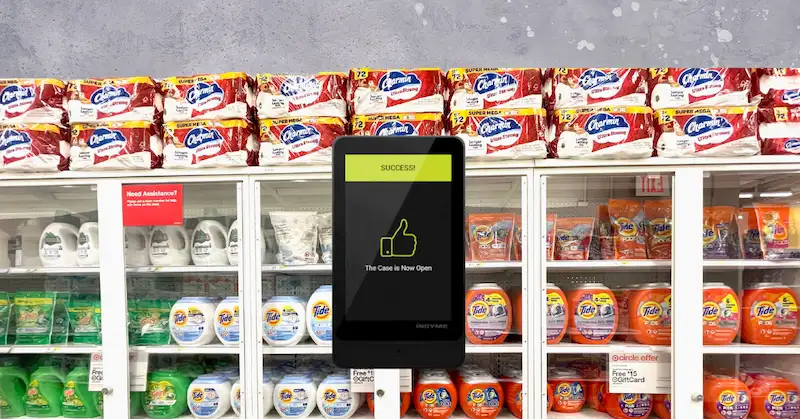
Would you enter your phone number to buy toothpaste?
-
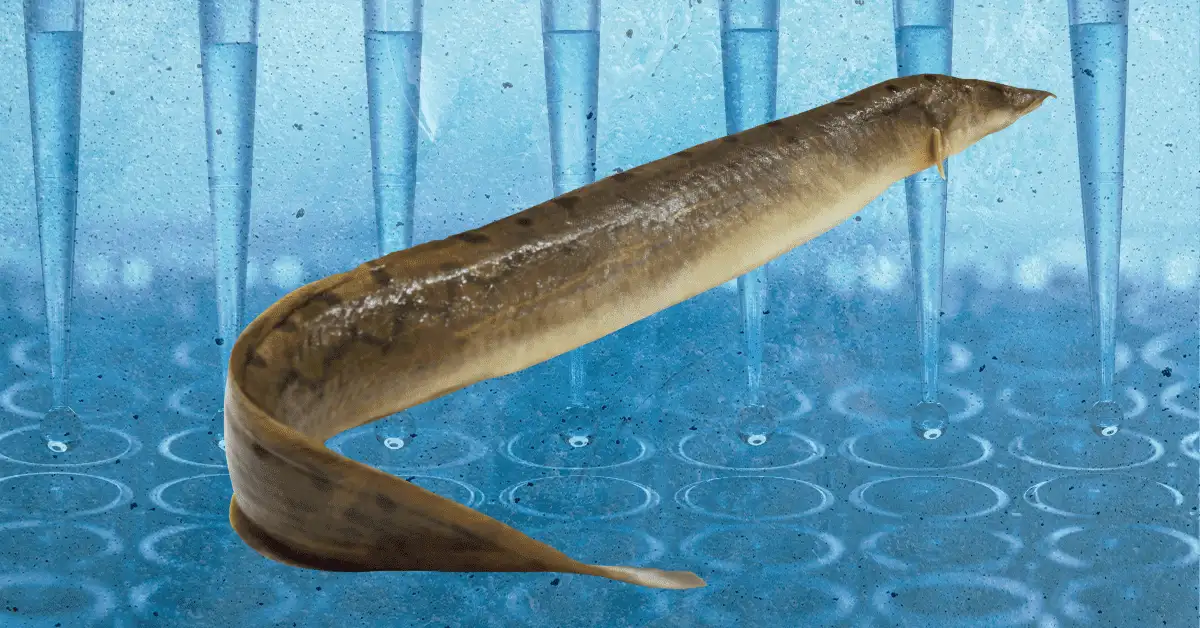
Lab-grown meat to save the eels — and your sushi
-
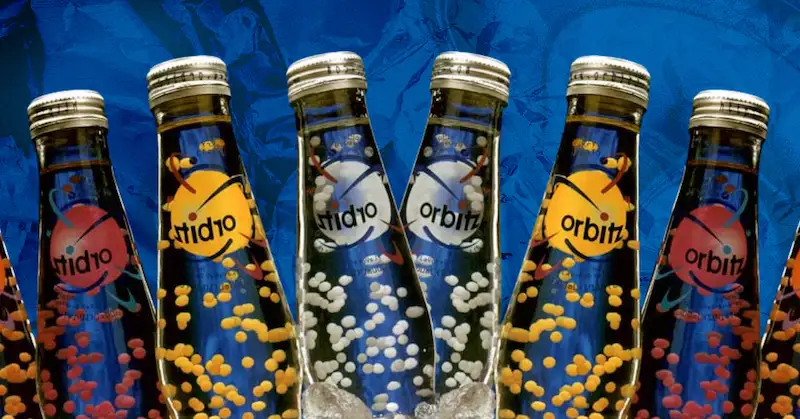
Why, though? A beverage you can chew
-
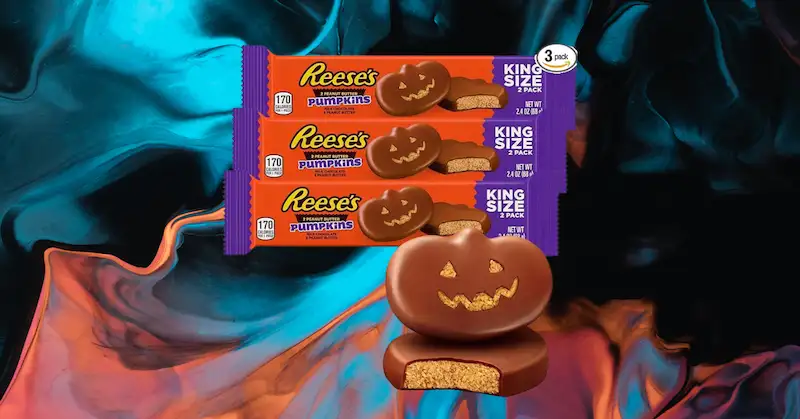
The $5m lawsuit over a missing jack-o’-lantern face
-
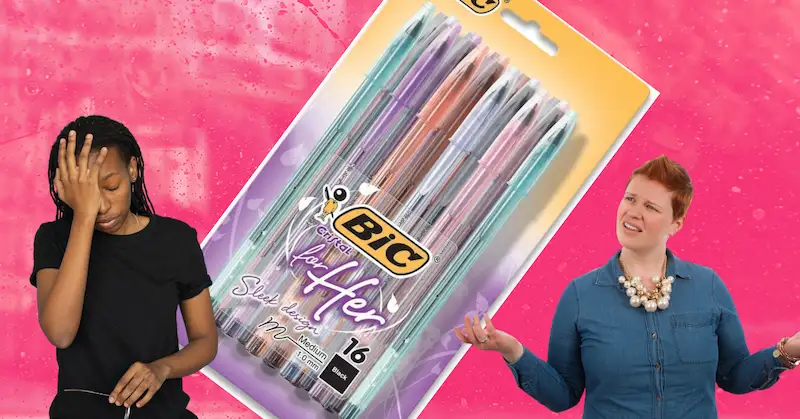
Why, though?: Bic tried to market to tiny lady hands
-
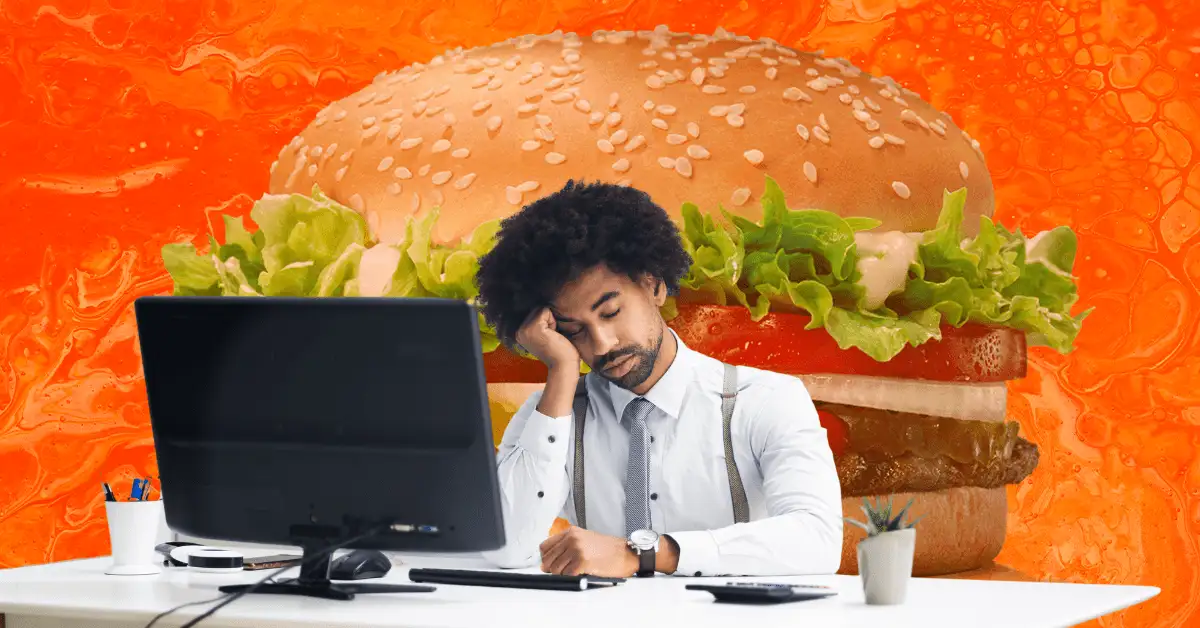
Hungover? Burger King’s facial recognition tech has a deal for you
-
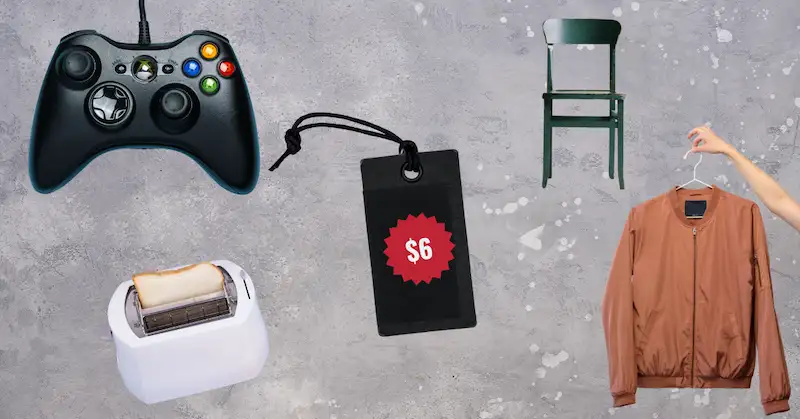
Bin stores are the hot new way to score ridiculous deals
-
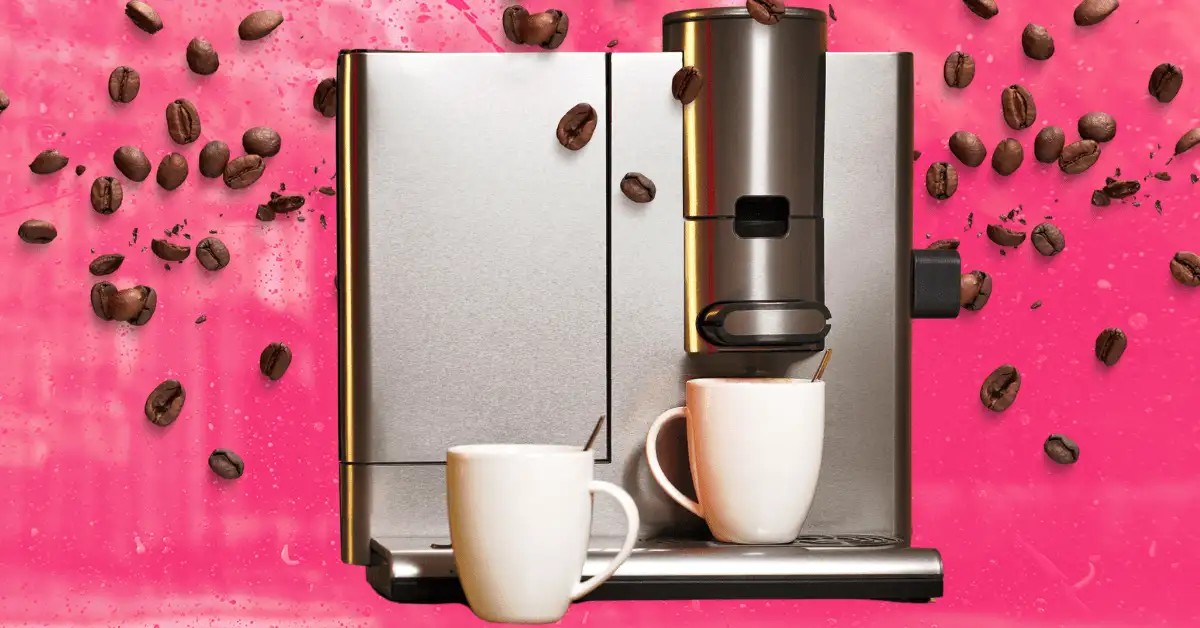
A latte to think about: Coffee is coming home in 2024
-
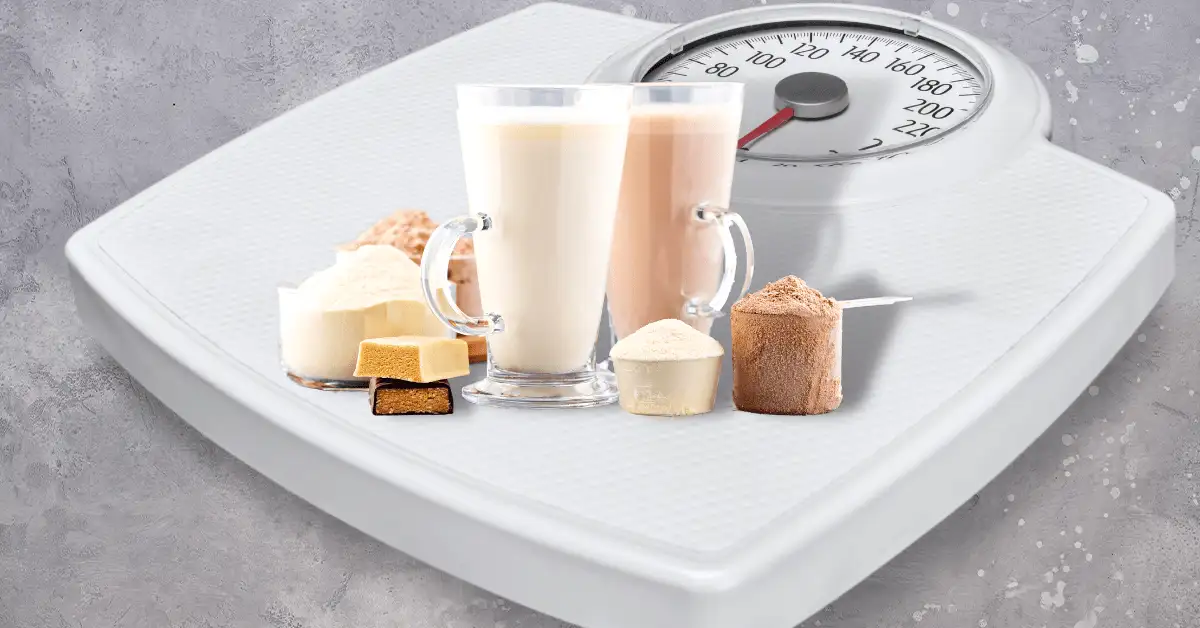
Food brands are cooking up new offerings to pair with weight loss drugs


